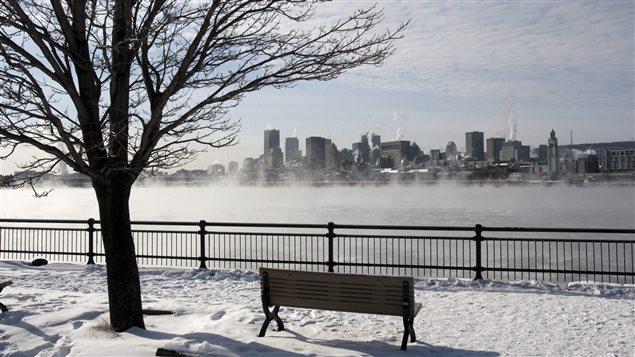Montreal has been chosen to join the Rockefeller Foundation’s 100 Resilient Cities for 2015.
The 100RC project was established to help cities around the world “become more resilient to the physical, social and economic challenges that are a growing part of the 21st century.”
The organization’s website goes on to describe resilience that includes not just the shocks such as “earthquakes, fires, floods, etc. – but also the stresses that weaken the fabric of a city on a day to day or cyclical basis.”
These stresses include such factors as “high unemployment; an overtaxed or inefficient public transportation system; endemic violence; or chronic food and water shortages.”
Montreal, the second-largest, and mainly French-speaking city in Canada was chosen because of its aging infrastructure.
According to the site, Montreal “was inadequately maintained for many years, and only in the past decade have federal, provincial, and local officials focused resources and planning on improvements. They are paying particular attention to waste management and local water and power needs, services that are essential to protect residents from significant cold weather events and heat waves, both of which have intensified with climate change and urban densification.”
The designation comes with funding to hire a Chief Resilience Officer. The CRO will report directly to the mayor, and act a a liason between local businesse, international organizations and government agencies.
It offers assistance in developing a resilience strategy, and connects Montreal to private and public sector tools to help design and implement that strategy, as well as membership in the 100 Resilient Cities Network







For reasons beyond our control, and for an undetermined period of time, our comment section is now closed. However, our social networks remain open to your contributions.